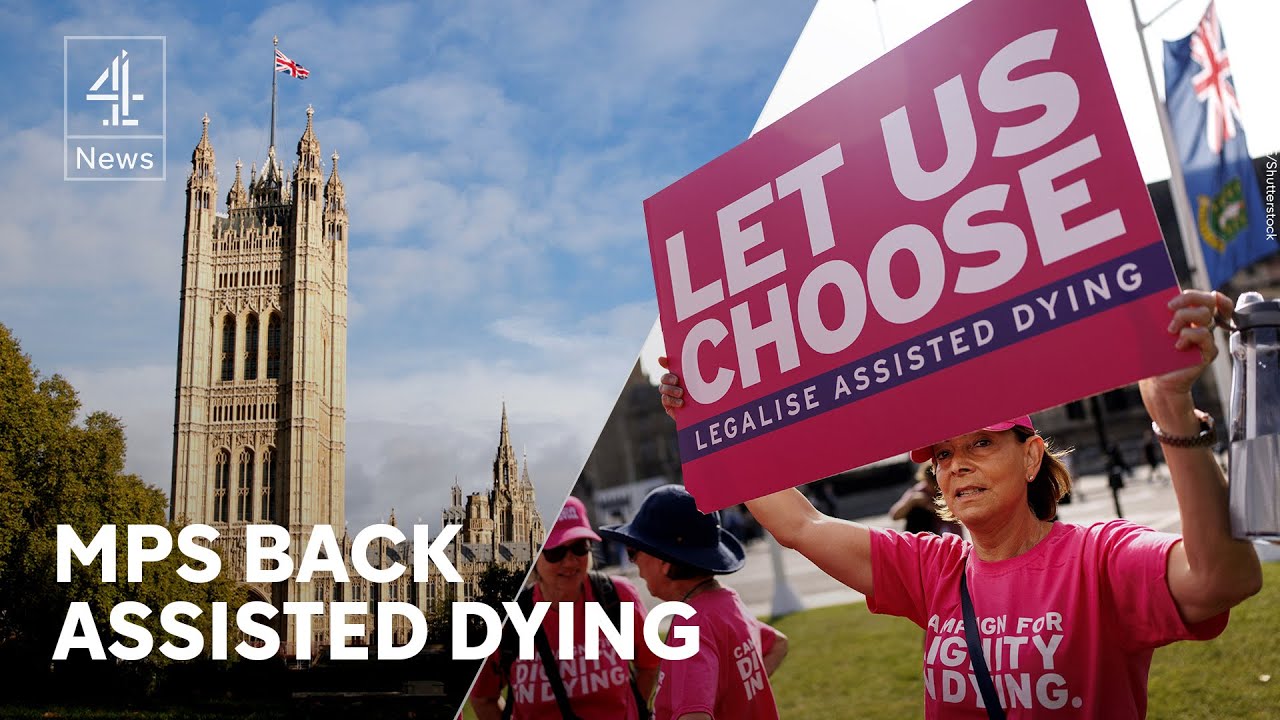
Introduction
The Assisted Dying Bill has emergeed as a hotly debated topic in the UK, stirring public emotion and political discourse alike. As MPs prepare to vote on this legislation, the issue highlights the intersection of ethics, healthcare, and personal autonomy. Supporters argue that the bill will provide a compassionate choice for terminally ill patients, while opponents express concerns about potential abuses and the sanctity of life. This vote could significantly impact end-of-life care and the rights of patients across the nation.
Details of the Assisted Dying Bill
The current iteration of the Assisted Dying Bill seeks to permit assisted dying for adults diagnosed with a terminal illness who meet specific criteria. Under the proposed law, patients would have to make a formal request, demonstrating mental competence, and would need to be advised on all palliative care options before any assistance is provided. This legislation aims to offer dignity and choice to those suffering unbearable pain, which supporters claim is a fundamental human right.
Recent Events Leading Up to the Vote
In recent weeks, public interest in the issue has surged, coinciding with a series of testimonies from individuals and families affected by terminal illnesses. Advocacy groups have launched campaigns urging MPs to support the bill, presenting emotional accounts of suffering and the desire for autonomy at the end of life. Conversely, religious organisations and some healthcare professionals voice strong opposition, citing fears of coercion and the need to uphold the medical profession’s ethical standards.
Expected Outcomes and Significance
The vote by MPs is set to take place next week, and political analysts are closely watching the proceedings. With public opinion largely favouring the option of assisted dying, some MPs may feel pressured to align their votes with constituents’ views. The implications of the vote extend beyond healthcare, opening up a broader discussion on ethical issues pertaining to assisted dying, patient rights, and legislation. If the bill passes, it is expected to set a precedent for end-of-life legislation in other countries.
Conclusion
As the time for the MPs vote draws near, the Assisted Dying Bill continues to evoke strong emotions and requires careful consideration of the ethical ramifications. The decision could alter the landscape of end-of-life choices in the UK, empowering patients while raising complex moral questions about assisted dying. Regardless of the outcome, the discussion surrounding assisted dying is likely to persist, further engaging the public and policymakers in an essential conversation about compassion, dignity, and human rights in healthcare.
You may also like

Current Trends in Crime: An Overview

Understanding the Current Political Landscape in the UK

The UKIP Party: Recent Developments and Future Outlook
SEARCH
LAST NEWS
- Remembering Wendy Richard: The Promise to Co-Star Natalie Cassidy
- How Did Anglian Water Achieve an ‘Essentials’ Rating for Mental Health Accessibility?
- Shai Hope Leads West Indies in T20 World Cup Clash Against South Africa
- What We Know About Weston McKennie: Future at Juventus and Past at Leeds
- What We Know About the Upcoming Live Nation Antitrust Trial